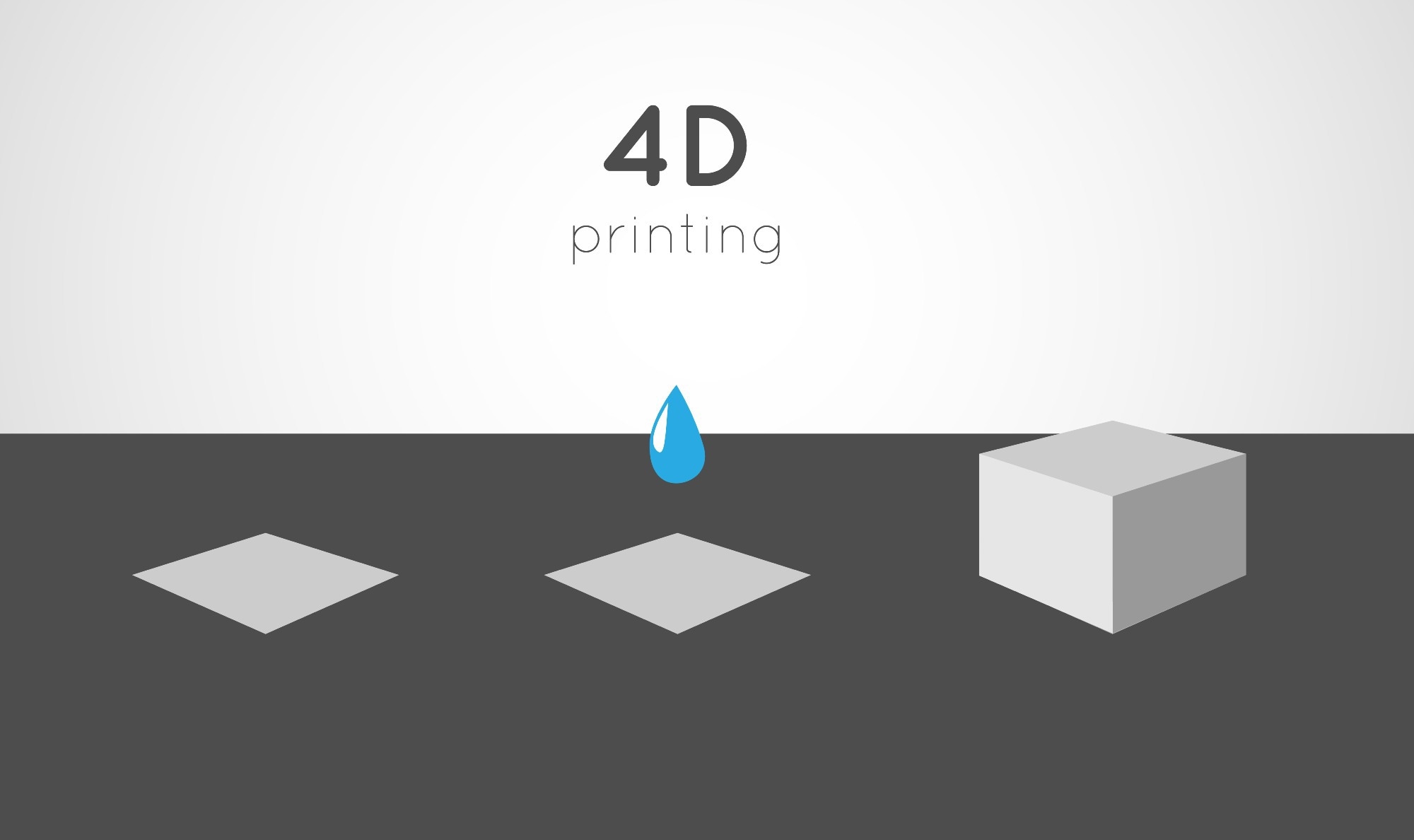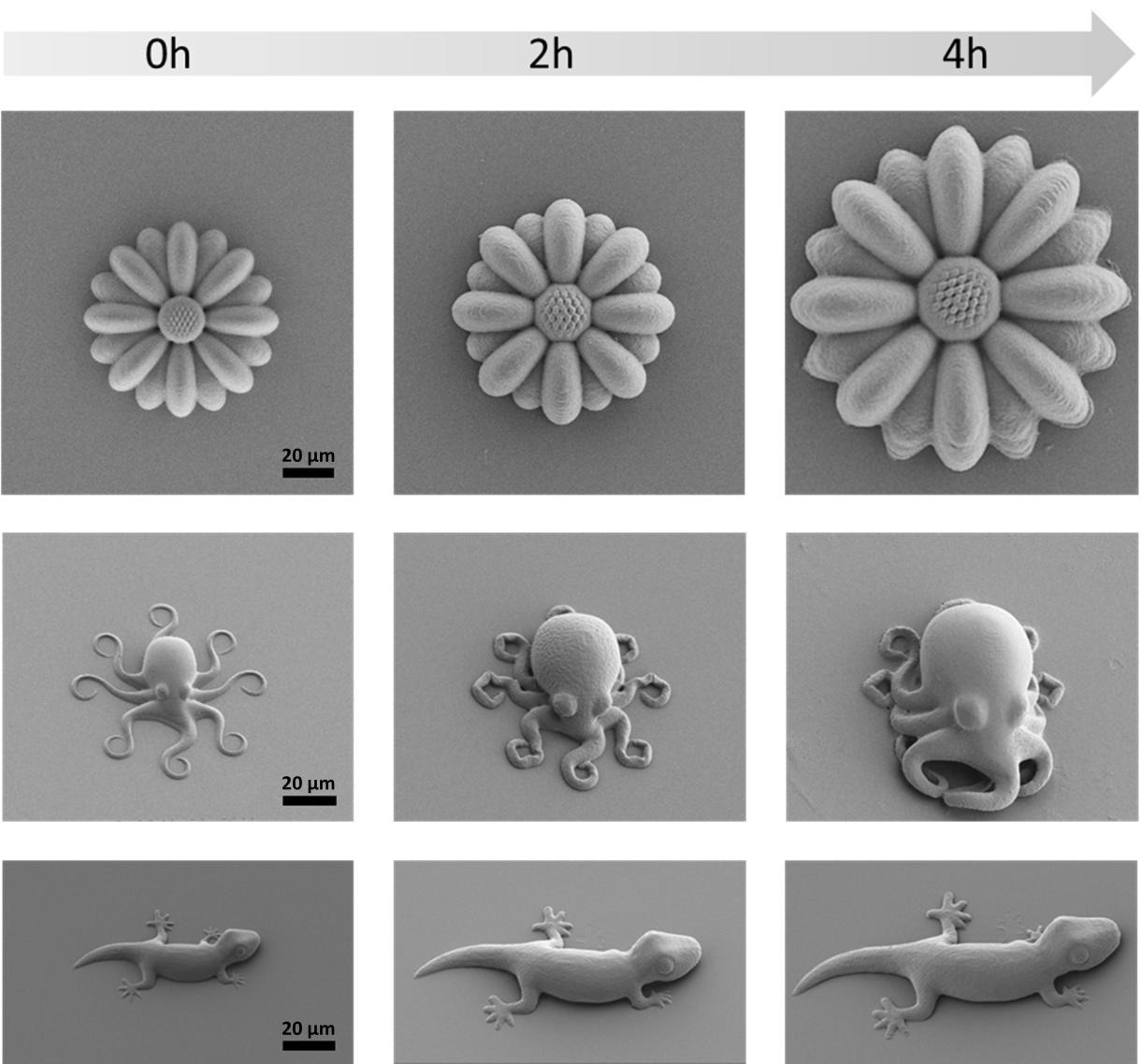The microscopic geckos and octopuses created by 3D laser printing in Heidelberg University’s molecular engineering laboratories could lead to new possibilities in areas such as microrobotics and biomedicine.

Image Credit: nortivision/Shutterstock.com
The printed microstructures are constructed of innovative materials referred to as smart polymers, whose size and mechanical properties can be precisely changed on demand. These “life-like” 3D microstructures were created as part of the Cluster of Excellence “3D Matter Made to Order” (3DMM2O), a cooperation between Ruperto Carola and the Karlsruhe Institute of Technology (KIT).
Manufacturing programmable materials whose mechanical properties can be adapted on demand is highly desired for many applications.
Dr Eva Blasco, Junior Professor and Group Leader, Institute of Organic Chemistry, Institute for Molecular Systems Engineering and Advanced Materials, Heidelberg University
This concept is referred to as 4D printing, and the extra fourth dimension relates to the potential of three-dimensional printed items to change their characteristics over time. Shape memory polymers are a well-known example of 4D printing materials. These are smart materials that may recover to their original shape from a deformed condition in reaction to external stimuli such as temperature.

Image Credit: Heidelberg University
One of the initial examples of 3D printed shape memory polymers at the microscale was recently shown by the group under Prof. Blasco’s leadership.
The investigators created a new shape memory material that can be 3D printed with a high resolution both at the macro and micro scales in collaboration with the working group of biophysicist Prof. Dr. Joachim Spatz, a researcher at Ruperto Carola and Director at the Max Planck Institute for Medical Research. The structures contain box-shaped microarchitectures whose lids close in response to heat and can then be reopened.
These tiny structures show unusual shape memory properties at low activation temperatures, which is extremely interesting for bioapplications.
Christoph Spiegel, Doctoral Researcher, Heidelberg University
In subsequent research, the scientists used adaptable materials to create considerably more intricate 3D microstructures with “life-like” features, such as geckos, octopuses, and even sunflowers. Dynamic chemical bonding underlies these materials.
According to Heidelberg researchers, alkoxyamines are especially well suited for this purpose. Following the printing process, these dynamic linkages allow the complex, micrometric structures to expand eight-fold in just a few hours and solidify while preserving their shape.
Conventional inks do not offer such features. Adaptive materials containing dynamic bonds have a bright future in the field of 3D printing.
Dr Eva Blasco, Junior Professor and Group Leader, Institute of Organic Chemistry and the Institute for Molecular Systems Engineering and Advanced Materials, Heidelberg University
Materials researchers at the Karlsruhe Institute of Technology (KIT) were also involved in the study of adaptive materials with “life-like” characteristics. The research was funded by the German Research Foundation and the Carl Zeiss Foundation and was conducted within the framework of the 3DMM2O Cluster of Excellence.
Journal References
Spiegel, C., et al. (2022) 4D Printing of Shape Memory Polymers: From Macro to Micro. Advanced Functional Materials. doi.org/10.1002/adfm.202110580.
Jia, Y., et al. (2022) Covalent Adaptable Microstructures via Combining Two-Photon Laser Printing and Alkoxyamine Chemistry: Toward Living 3D Microstructures. Advanced Functional Materials. doi.org/10.1002/adfm.202207826.